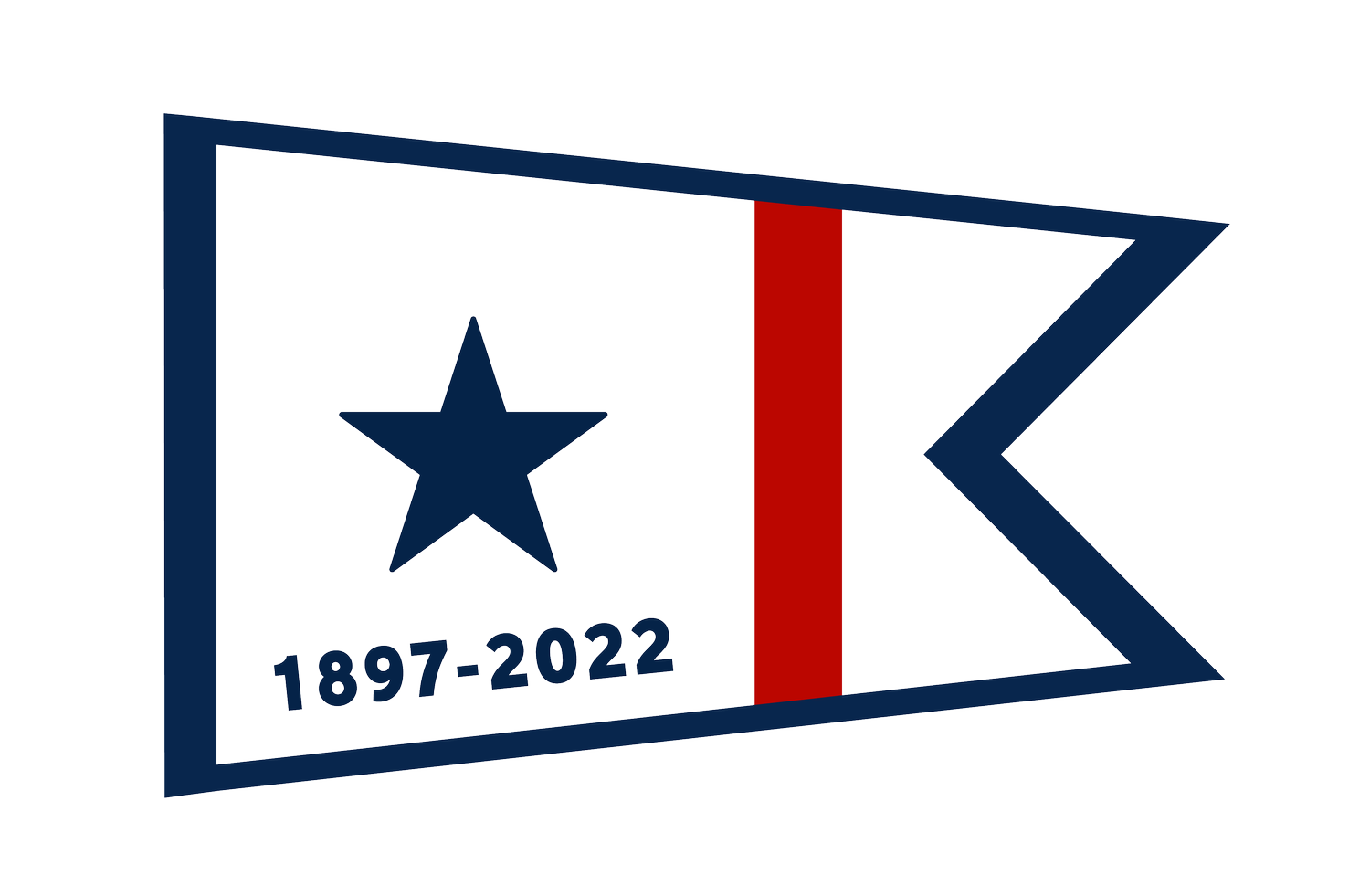Explorers return from recreating Willoughby Expedition
History recently repeated itself in the Florida Everglades.
A team of four explorers made history Nov. 2 after completing a nearly 130-mile canoe trek across the Everglades to assess human impact on the world’s largest subtropical wilderness. The 2022 Willoughby Expedition team retraced a canoe journey that was first completed by explorer and scientist Hugh de Laussat Willoughby 125 years ago in 1897.
The journey began on the lower southwest coast of Florida, in Monroe County.
The explorers started at the mouth of the Harney River in the Gulf of Mexico on Oct. 27 and ended in down- town Miami on Nov. 2. They traversed the saltwater of the Gulf of Mexico, the brackish water of inland rivers, freshwater sawgrass, canals in suburban Miami, and ultimately, through the maze of skyscrapers to Biscayne Bay. The coast-to-coast expedition also commemorated the 75th anniversary of Everglades National Park.
“The expedition was a success not just in honoring our history, but in advancing the future of science,” Harvey E. Oyer III, expedition co-leader, said in a statement. “We are honored to have completed and traveled on the same trek that Willoughby did 125 years ago, witnessing the same beauty and facing similar challenges of the Florida Everglades. The testing and analysis of remote Everglades water is new, cutting edge research that we hope will give us more answers to human impact on this precious ecosystem.”
Tracie Baker, an associate professor of environmental and global health at the University of Florida College of Public Health and Health Professions, became the first recorded nonindigenous woman to ever cross the Everglades from the Gulf of Mexico to the Atlantic Ocean. Dr. Baker served as the lead scientist to sample and test for the same water constituents that Willoughby did more than a century ago. Willoughby’s charts aided in creating the first accurate maps of the region, and his water sampling provided the baseline water chemistry for the Everglades.
The 2022 Willoughby Expedition team also tracked water pollutants that Willoughby couldn’t have foreseen, including microplastics, perfluoroalkyl and polyfluoroalkyl substances (PFAS), pesticides, pharmaceuticals, Environmental DNA (eDNA), and antibiotic-resistant genes, all of which potentially adversely affect plant and animal species globally. To help conserve wildlife, they also documented the abundance and location of apple snails, which are the primary food source of the federally endangered snail kite, a bird of prey.
The 2022 Willoughby Expedition aims to bring awareness to the major scientific and conservation goals of its more than 50 partners, including Florida Power & Light Co., University of Florida, National Park Service, Everglades National Park, South Florida Water Management District and Cox Science Center and Aquarium.
A UNESCO Wetland Area of Global Importance, the Florida Everglades is one of the world’s best-known and most visited watersheds, serving as the “environmental kidneys” of Florida by filtering and cleaning water from all over the central and southern part of the state. Everglades water quality directly impacts more than 12 million people and thousands of plant and animal species.
To increase educational programming on the Everglades, the explorers shared a live feed from the Everglades to speak with students and educators from several schools and science museums. On the last three days of the expedition, a group of high school students from Belen Jesuit Preparatory School traveled with the explorers by canoe on the Tamiami Trail to Biscayne Bay to film the team’s historic achievement.
The water samples collected by the explorers will be researched by Dr. Baker and scientists at the University of Florida.
To learn more about the team, the course, the science, and the man who inspired it all, visit willoughbyexpedition.org.

